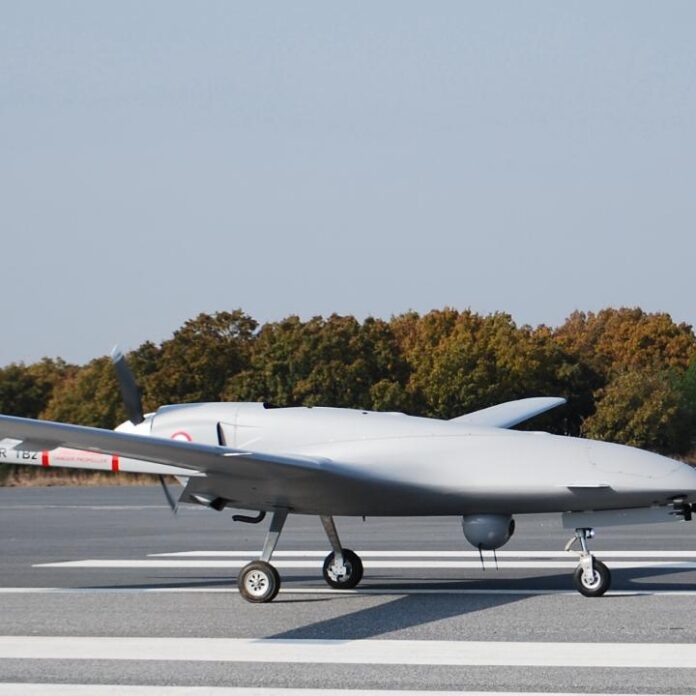Author: Can Kasapoğlu
Affiliation: Director of Security and Defense Studies Program at EDAM (Centre for Economics and Foreign Policy Studies), Jamestown Foundation
Organization/Publisher: Atlantic Council
Date/Place: March 2022/USA
Type of Literature: Academic paper
Number of Pages: 10
Keywords: Türkiye, Drone warfare, Security, Bayraktar, Libya, Syria, Karabakh, and National Military Strategic Concept
Brief:
It is not mere gossip but reality that Türkiye’s cutting edge defense industry is competing with the world’s biggest militaries and their defense industry. Türkiye’s unconventional drone warfare has pushed Ankara’s reach beyond borders without putting military boots on the ground outside its territory, with phenomenal successes in Syria, Libya and of late in Nagorno-Karabagh. The author details how Türkiye’s “active deterrence” strategy was already in place. The latest technological developments have “dronized” Ankara’s geo-strategic moves. This paper shows how technological successes in the defense arena “go well beyond unmanned aerial systems,” using what is known as robotic-warfare capacity with innovative concepts of operations (CONOPS); CONOPS has been identified specifically as a reason behind the successes in Syria, Libya and Azerbaijan’s Nagorno-Karabagh. It has benefited Türkiye in many ways, including “less casualties, more surgical, less burdensome on defense economics, and less reliant on foreign assistance.” The Turkish Armed Forces’ technological successes are not limited to aerial warfare, as naval and land warfare tactics have seen similar developments. The data cited by the author reveals that the drone market is growing at a rate of 14 to 15% annually and is expected to be around $58 billion by the mid-2020s. Israel had been a leader in drone exports but Turkish defense firms have pulled up and are competing to catch the customers. “Turkey does not only sell drones in an off-the-shelf fashion. Instead, it sparks drone-warfare ecosystems beyond its borders, and fosters its defense-cooperation portfolio through robotic-warfare transactions,” the author notes. He adds that Turkish drone sales “are strategic means of building strategic outreach.” The author points out that Türkiye’s NATO identity amid its drone warfare success “is a crucial, and often neglected, pillar of the current geopolitical outlook.” Ukraine and Poland are already two customers for Turkish robotic-warfare solutions. The current success of drone warfare is not an epitome of Türkiye’s “dronization and robotic-warfare capacity-building policy”, however, the future trends suggest more advanced CONOPS via higher end systems, e.g. Baykar’s Akinci drone, and Aksungur by Tusas. The paper says if Turkey manages to operate a permanent, robotic air wing from its principal amphibious assault vessel, TCG Anadolu landing helicopter dock (LHD), “this would be a novel development for contemporary drone-warfare trends.”
By: Riyaz ul Khaliq, CIGA Non-resident Research Associate




